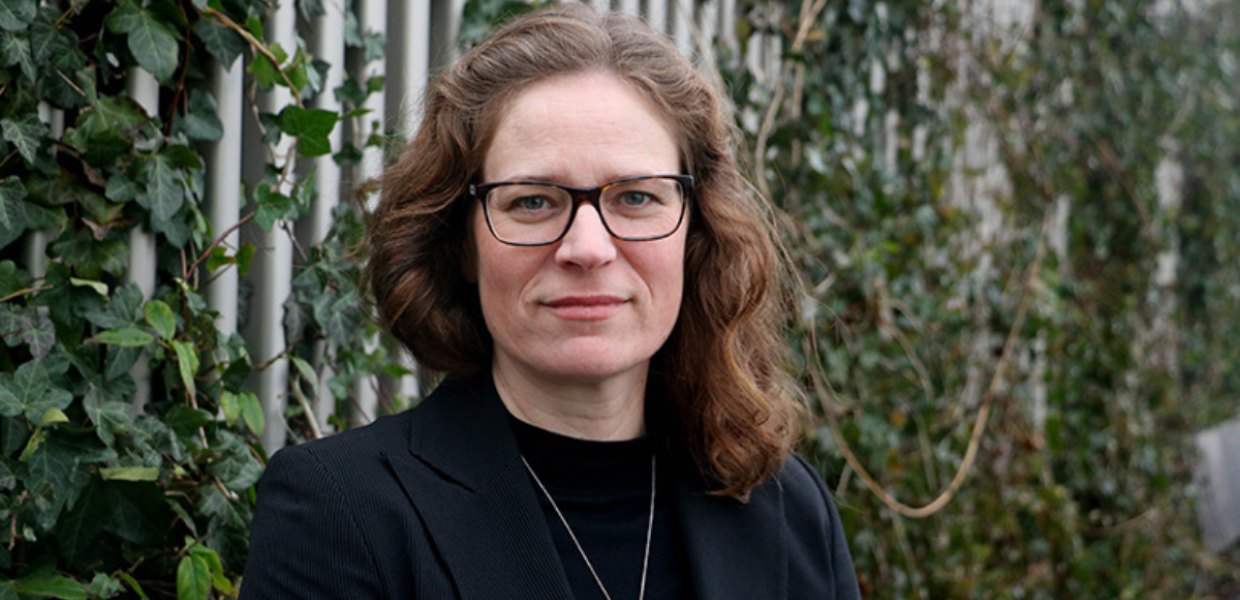About Maria
I entered my profession via a long and winding road, I would say. I originally studied English, Comparative Literature, film, media and philosophy while also working as a computer teacher. Eventually, my studies led me to doctoral studies in English where I focused on then-emerging experimental digital literature, and then on to a career within the university as a teacher and researcher. I now also have leadership duties. The impact of computers on literature, in all forms of media and communication, intrigued me at the beginning of my studies and still does.
What are you currently working on?
At present, apart from administrative duties in my department, my main role is leading and conducting research within a newly formed research program called Data Society at Malmö University. It is an interdisciplinary program that gathers researchers from social sciences, humanities and technology, as well as the arts and design, who focus on addressing the various societal challenges that arise as digitalisation and datafication processes permeate our society. I have been working specifically with projects that explore how cultural organisations deal with the challenges and opportunities of digital technologies.
What are some of the challenges in your role? What are some of your favourite elements?
Obviously one of the challenges is to figure out how to create a rich, inspiring and internationally leading research environment. Luckily, I work at an institution where I have great support and a group of wonderful colleagues to help me. I would say that my colleagues at Malmö University and elsewhere are a key foundation for the kind of interdisciplinary work that we are engaged in.
What was your motivation for joining the Members Council?
I wanted to know more about, and indeed be able to influence, European efforts to make cultural heritage more accessible through digital technologies. Now that many cultural heritage institutions have large digital collections, a key challenge for them, and for us as researchers interested in digital transformation, is to explore new and emerging ways of sharing, exhibiting and making available these rich assets.
What do you plan to do as a Members Councillor?
I would like to work to create inclusive and co-creative meeting points between researchers, cultural heritage professionals and the general public. I am also very interested in Augmented and Virtual Reality technologies, and their rich potential for digital cultural heritage so I hope to participate in some of the ongoing efforts within Europeana around 3D content. Finally, I plan to work toward making Europeana’s amazing resources and communities more known within my world of university research. To this end, I am Co-Chair of the Europeana Research Community Steering Group, which is currently focusing on exploring the needs of researchers in different disciplinary contexts and institutions and how best we can serve as ambassadors and contact points for Europeana in these communities.



